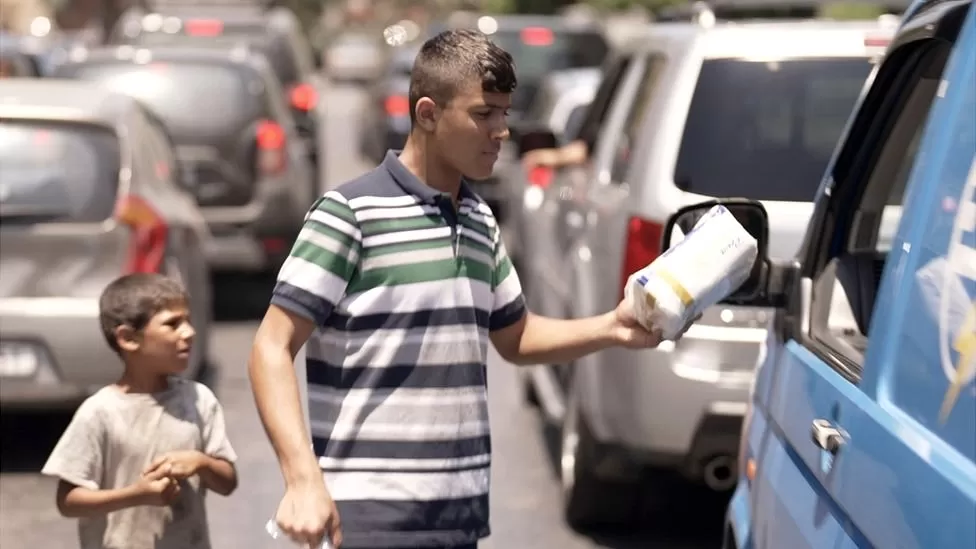Child labour at ‘critical moment’ as more pushed into work

In the midst of global economic problems, International Labour Organization (ILO) director-general Gilbert Houngbo said there had been a “regression” in regions around the world.
Sexual exploitation was one of the worst forms of work.
There was a need for urgent action, he said.
The Covid effect has been compounded by inflation and the cost of living that followed, he said. The problem will continue to worsen unless we act decisively and quickly.”
Global progress toward ending child labour has stalled for the first time in 20 years, according to UN data compiled in early 2020. The former prime minister of Togo, Mr Houngbo, said early data suggested the trend would continue.
Increasing food and energy prices caused by the war in Ukraine had contributed to the squeeze on living costs for some families. Some parents forced their children into sex work to help support their families, resulting in the “worst form of child labour”.
One 14-year-old girl from Mombasa, in south-eastern Kenya, said her mother struggled to afford food and school fees for her and her two siblings, so she had no choice but to look for work.
As a way to make money, she slept with men, washed clothes, and plaited hair.
Her hunger sometimes prevents her from writing when she attends school.
In their small home, her mother said it was “not easy to tell a child to do something like that”.
After losing her job during the pandemic, she now struggles to support her family washing clothes to make ends meet.
It is heartbreaking. I would like my child to go to school like other children so that she can get a good job that will help her in the future, but I don’t have any means to pay for it.”
In a nearby brothel, a woman said her business was “booming” as more and more young girls were desperate to earn money.
According to Houngbo, child labour is increasing in low- and middle-income countries as well as in agriculture, mining, and construction.
According to him, poverty is the root cause of the crisis.
Inflation and the rising cost of living are universal concerns that affect children in a variety of ways, according.
Unicef’s social policy and social protection programme director Natalia Winder-Rossi said, “Many families out of desperation resort to really impossible choices and negative coping strategies that are affecting children now and in the future.”
A number of countries have been visited to see how children are affected by economic problems.
Children in Sidon, a southern Lebanese city, reported dropping out of school in order to support their families.
